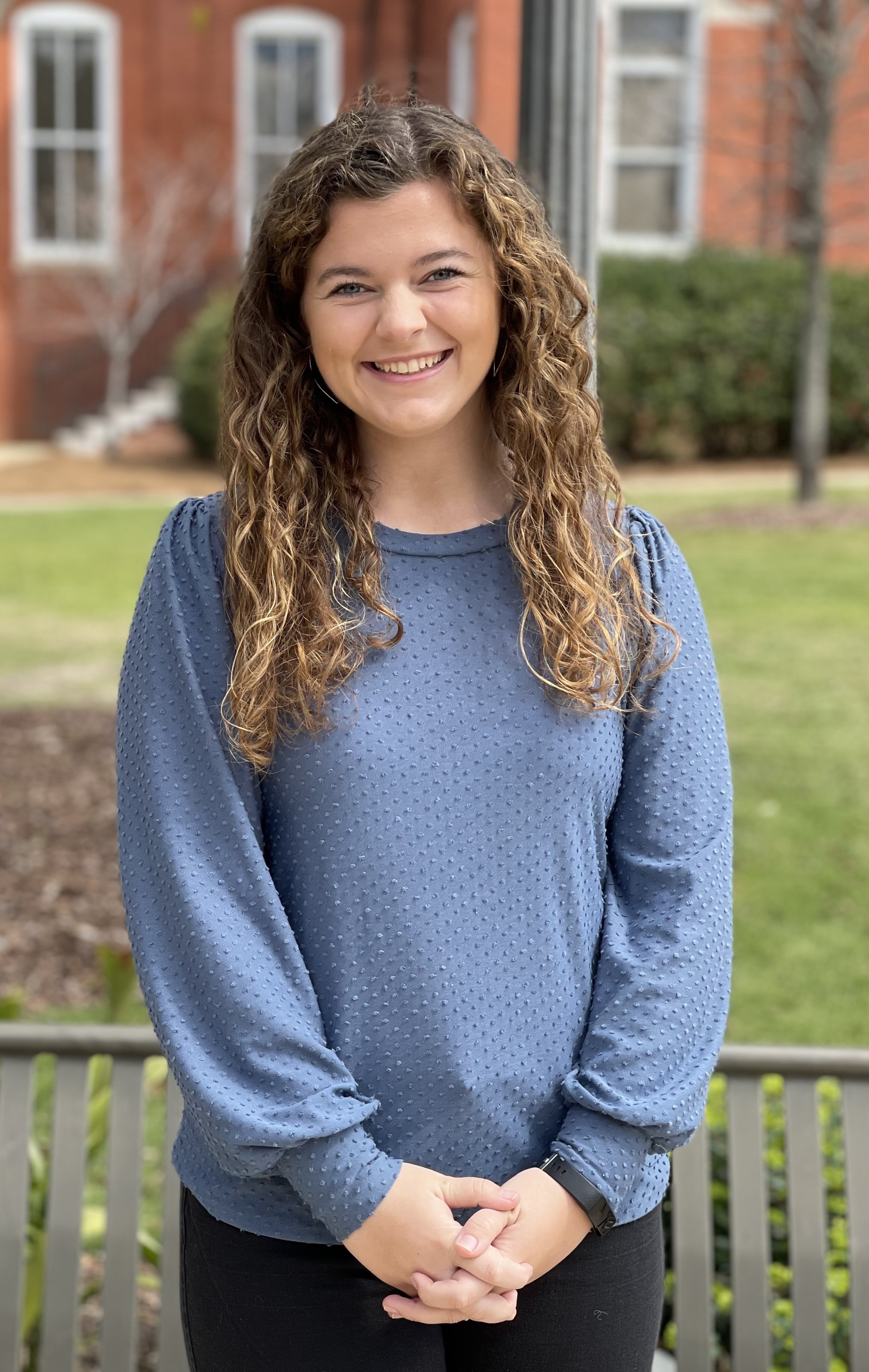Student Stories
Mechanical Engineering Co-Op Story: Neptune Technology Group

Leighanna Howell
Mechanical Engineering
What company or organization did you co-op with and where are they located?
I worked with Neptune Technology Group, Inc. They are located in Tallassee, Alabama.
How did you identify and apply for your co-op? Are there any specific resources you used to find the opportunity (i.e. Handshake, career fairs, other recruitment events)?
I connected with Neptune through Handshake and met them in person at the Engineering Career Fair.
What was the application process like?
After meeting and engaging with Neptune engineers in-person at the Engineering Career Fair, I knew I was interested in working with this company. I proceeded to prepare a professional resume by meeting with my Career Coach, and participated in mock interviews hosted by the CDCR. I signed up for an on-campus interview and was pleased to learn all about the exciting technology and products Neptune engineers get to work on, ultimately leading me to accept the co-op position that was offered to me.
Tell us about your co-op experience. What types of tasks and projects did you engage in? Was there a particular project or part of the experience you learned the most from?
During my first co-op rotation at Neptune I was very deeply involved in the projects the mechanical engineers were working on. The engineers were fantastic about explaining to me what kind of tests they wanted to run and what data they wanted to collect, and why these steps were critical to their project completion. I was very involved in the testing and data collection, often with high levels of independence, and I also got to see the full picture of the crucial steps in developing high-quality products.
In what ways did your co-op experience help you prepare for your next destination after Auburn?
This experience has allowed me to better picture what my life will be like beyond my degree completion. I have a better understanding of what engineers do and how they think and problem-solve in the workforce. I have also become more well-rounded in different areas of engineering, as I was able to work with mechanical engineers, electrical engineers, machinists, designers, and more.
In what ways did your coursework or other experiences at Auburn prepare you for your co-op work experience? Are there specific topics or skills you learned from classes that you put into practice on the job?
Classes such as thermodynamics and fluid mechanics were very useful when working with flowing water during water meter testing, as I was able to have a background understanding of what was happening during water meter testing. Other classes with group projects prepared me for working with a diverse group of coworkers to complete tasks and projects most effectively.
Do you have any advice for other students seeking a co-op experience?
Although it seems intimidating, getting experience before graduation is truly eye-opening for connecting the dots between coursework and real-world engineering. It can help you better understand what field you are best fit for, and it helps motivate you towards degree completion, as it gives you something exciting to look forward to. Always ask questions and seek out opportunities, as this is how you learn and grow.

